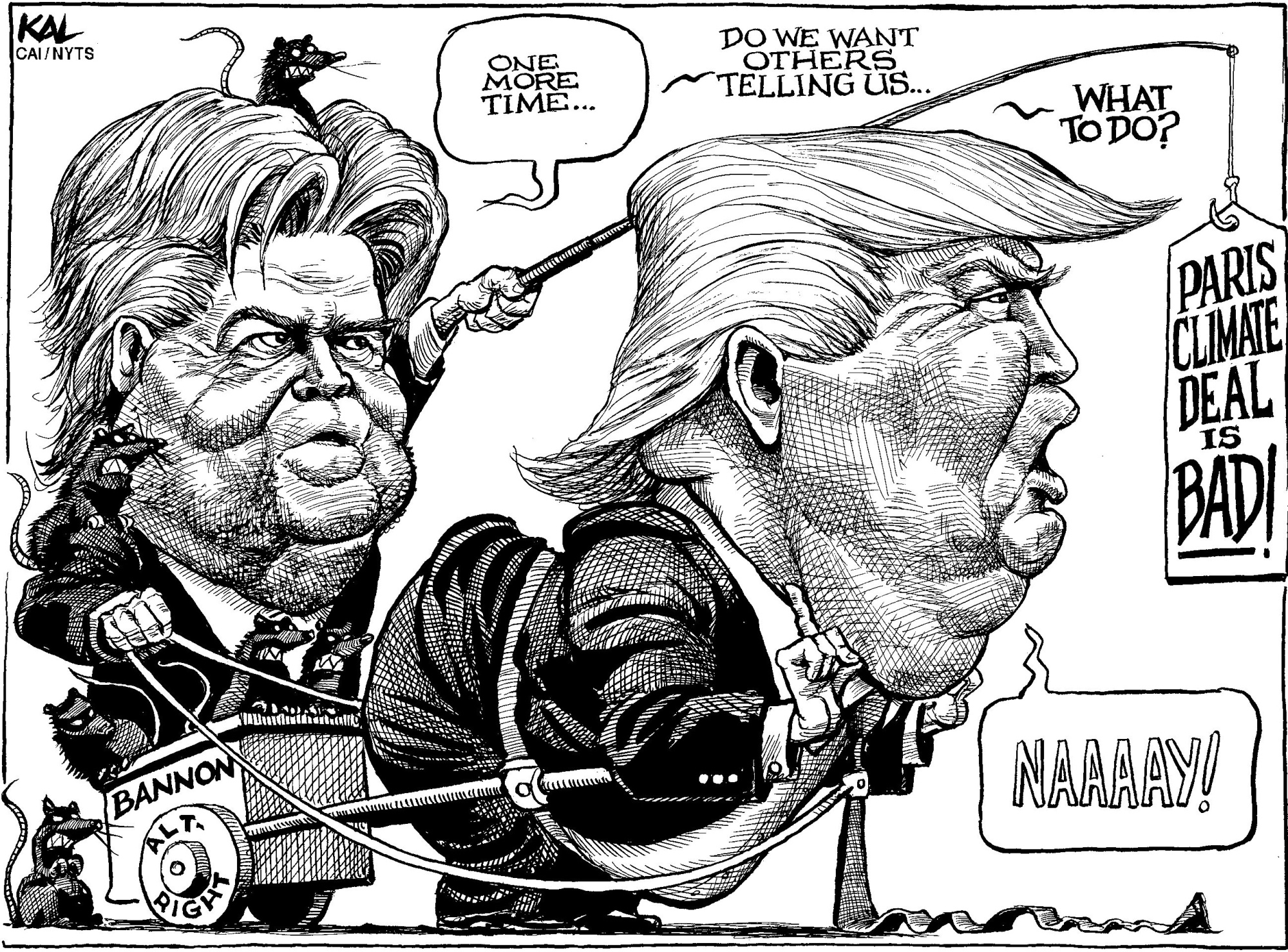In many, if not most, U.S. administrations, some figure emerges who convinces the press that the president couldn't function without him (it's yet to be a her). The indispensable aide is, indeed, one of the most well-worn tropes of the modern presidency. Karl Rove was "Bush's Brain"; Harry Hopkins held Franklin Delano Roosevelt's prolific White House team together; Bill Moyers appeared on a magazine cover as "Johnson's Good Angel." Without such a figure, the story inevitably goes, the administration would be a mess, if not a disaster.
As often as not, the trope is invented or encouraged by the particular indispensable figure. Journalists usually fall for the story, regardless of how well-founded it is: it clarifies everything, and it gives them something to write about. The indispensable aide is only too happy to reveal some dramatic story about how he saved the day, devised some particularly ingenious idea, or prevented some terrible mistake.
But, as often as not, the soi-disant crucial figure oversteps. In the Reagan White House, Don Regan, who succeeded James Baker as chief of staff, fancied himself the prime minister: He inserted himself into photos of Reagan with Soviet leader Mikhail Gorbachev, was rude to lesser beings (including reporters), and made the fatal mistake of hanging up on Nancy Reagan, who was dedicated to looking after her Ronny. Regan was soon out.

















With your current subscription plan you can comment on stories. However, before writing your first comment, please create a display name in the Profile section of your subscriber account page.